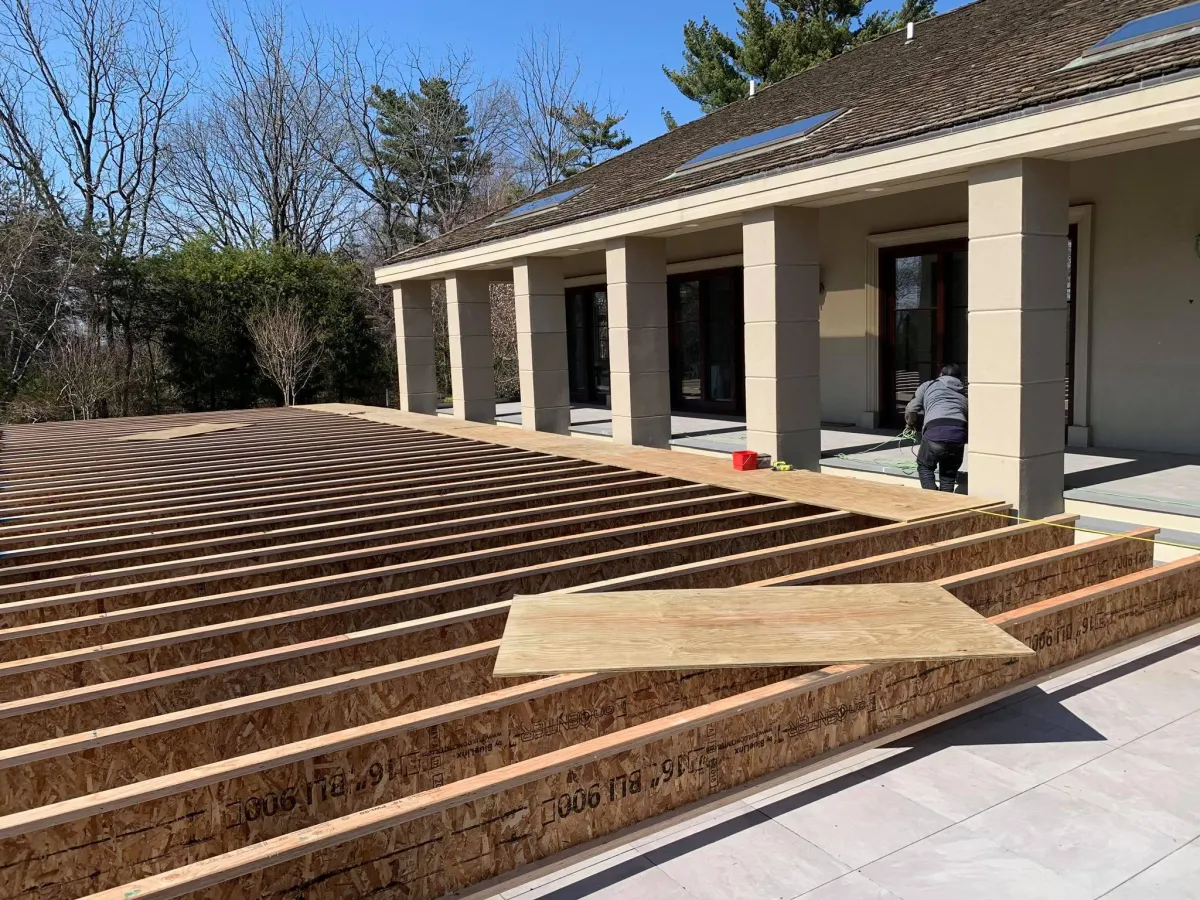
What to Know About Permitting & Local Guidelines for Tents in Queens & Suffolk
Hosting a tented event in Queens or Suffolk County is a great way to enjoy outdoor space while still having shelter and structure for your celebration. But before you can install a large tent, you may need to secure permits and comply with local regulations.
This blog breaks down what you need to know about tent permits, safety guidelines, and how to work with the right rental provider to stay compliant and stress-free.
Why Permits and Guidelines Matter
Permits aren’t just a bureaucratic box to check — they ensure your event is safe for guests and meets fire, zoning, and structural standards. Here’s why understanding local rules is so important:
Safety Compliance – Ensures tents are installed to withstand wind, fire, and occupancy limits.
Avoiding Fines or Shutdowns – Skipping permits can lead to last-minute inspections or event cancellations.
Venue Requirements – Many venues require proof of permitting before installation begins.
Emergency Planning – Compliance includes exit access, fire extinguisher placement, and other critical safety measures.
Key Permit Considerations in Queens & Suffolk
Different municipalities can have slightly different rules, but these are the main factors to be aware of when planning a tented event:
Tent Size Thresholds
In most areas, tents over a certain size — often 400 sq. ft. or more — require a permit. Larger structures may require stamped engineering drawings or load certifications.
Fire Safety Requirements
Permits often require flame-retardant certification for tent fabric, clear exits, fire extinguisher placement, and sometimes “No Smoking” signage.
Structural and Wind Load Ratings
Tents must be rated to withstand specified wind speeds. In coastal Suffolk areas, higher wind-load compliance may apply.
Electrical & Lighting Approvals
If you plan to run power for lighting, catering, or AV, you may need an electrical permit or inspection to ensure compliance.
Time Restrictions
Some municipalities limit how long a tent can stay up — sometimes only a few days before and after the event.
Site Inspections
A building or fire inspector may need to visit once the tent is installed to approve it before the event can begin.
Step-by-Step Guide to Getting Tent Permits
Follow this process to avoid last-minute surprises:
Step 1: Contact Local Authorities Early
Call your town or city’s building department or fire marshal to confirm requirements for your specific site and date.
Step 2: Gather Documentation
Have site plans, tent specifications, flame-retardant certificates, and any engineering drawings ready to submit.
Step 3: Submit Your Application
Apply several weeks in advance, especially during busy seasons, to allow time for review and scheduling inspections.
Step 4: Coordinate with Your Rental Provider
Choose a rental company that can supply compliant tents and help with drawings, specs, and even filing the permit paperwork.
Step 5: Prepare for Inspection
Schedule your tent installation early enough to accommodate an inspector’s visit before your event starts.
Step 6: Keep Records On-Site
Have permit documentation and certificates available during the event in case of a spot check.
FAQs
Do I Always Need a Tent Permit?
Not necessarily. Smaller tents under the square footage threshold may not require permits, but always check with your local jurisdiction.
How Far in Advance Should I Apply?
Apply at least three to four weeks before your event, and longer during peak wedding and graduation season.
Can My Rental Company Help with Permits?
Yes. Many experienced providers assist with drawings, paperwork, and coordination with local authorities.
What Happens If I Skip the Permit?
You risk fines, forced tent removal, or event cancellation if an inspector finds you out of compliance.
Are There Different Rules for Private Property?
Even on private property, many towns still require permits for large tents to ensure safety and emergency access.
Local Considerations for Queens & Suffolk
Queens, being part of NYC, often has stricter guidelines than suburban areas. The NYC Fire Department typically regulates tents over 400 sq. ft. with fire permits and on-site inspections. Suffolk County towns may have different requirements based on coastal wind ratings and zoning restrictions, so always confirm with the specific township where your event will take place.
Conclusion
Permits and local guidelines can seem intimidating, but with proper planning they don’t have to delay or derail your event. By understanding size thresholds, fire safety requirements, and inspection timelines, you can ensure your event is legal, safe, and stress-free.
Work with a rental company experienced in Queens and Suffolk permitting processes to handle the paperwork, supply compliant equipment, and coordinate with local inspectors. This allows you to focus on the celebration, knowing everything is up to code.